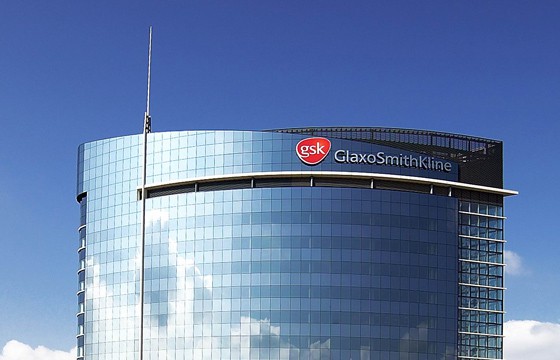
GlaxoSmithKline unveiled a mixed bag of results for its financials this week as it looks to a future without its cancer drug portfolio.
Group sales for the company were up an impressive 4% at constant exchange rates to £11.5bn for the first six months of 2015, boosted by its HIV unit, which saw revenue jump 51% to £1bn.
Vaccines were also strong, with sales growing 11% to £1.5bn, with the US up 14% and Europe up 15%.
This growth has come predominately from its recent asset swap with Novartis, which saw it hand over its cancer drug portfolio to the Swiss firm in exchange for its vaccine business and a stake in an OTC venture.
But while these units grew, overall pharmaceutical sales were down 12% at constant exchange rates to £6bn.
This drop came predominately from the contined erosion of its respiratory drug portfolio as its biggest-selling drug Advair, indicated for certain forms of asthma, succumbed to growing market pressures with sales falling 14% to £1.85bn.
Some of its newer treatments have also failed to grow as expected, with the much-hyped lupus drug Benlysta (belimumab) – the first drug approved for the condition in fifty years – failing to overcome a weak sales trajectory.
Despite being on the market since 2011, revenue for the first half of 2015 was a modest £107m and although this still represented a 27% hike on last year’s performance, this is far off the potential blockbuster numbers that were originally touted for the treatment.
Forty new drugs in development
Sir Andrew Witty, GSK’s chief executive, was unsurprisingly looking to the positives, saying in a statement: “This is our first full quarter of performance since completion of the transaction with Novartis and it is encouraging. Our integration and restructuring plans are on track and we remain confident that we can achieve our targets for this year and return the Group to earnings growth in 2016.”
He said that GSK also had around 40 new drugs and vaccines in mid to late-stage clinical development, and he told reporters that he was particularly excited about a new shingles vaccine, as well as experimental drugs for chronic lung disease and asthma, anaemia and heart disease.
Sir Andrew added that a “standout performance” for the quarter came from its new HIV drugs, Tivicay and Triumeq.
This is something of a turnaround for GSK, coming a year after it very nearly sold its stake in ViiV Healthcare, which markets the blockbuster-in-waiting Triumeq – having secured US and EU approval for the combination product earlier this year.
Triumeq combines the active ingredient in ViiV’s Tivicay (dolutegravir) with established dual therapy lamivudine and abacavir and looks increasingly on course to reach its $2bn peak potential, making its decision to hold off any sale a good choice for the firm.
But while GSK did not give up its ViiV stake, it did sell most of its cancer portfolio over the Novartis – a decision that still has analysts scratching their heads as to the long-term effects of such a decision.
The portfolio, which includes medicines for melanoma and kidney cancer, were some of the biggest growth drivers for the firm, with three of these drugs expected to be major blockbusters in the future.
GSK reiterated its forecast for a high-teens percentage decline in 2015 earnings, at constant exchange rates.
Sir Andrew remains under pressure at the firm as this caps off a now systemic fall in sales for the past 18 months, and also comes off the back of a series of bribery allegations across emerging markets and a major $3bn fine for historic marketing abuses, all of which have damaged the company’s reputation.




